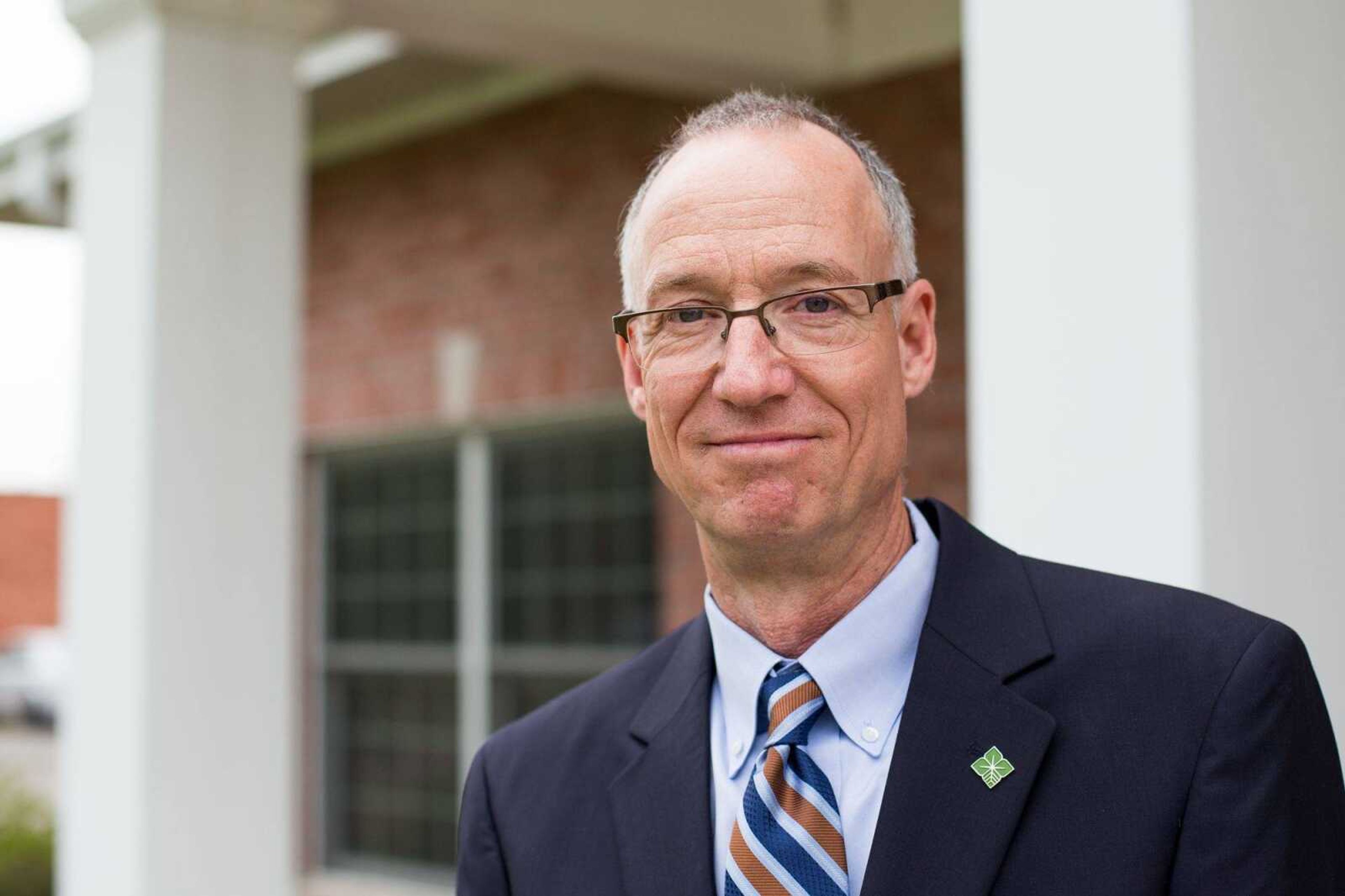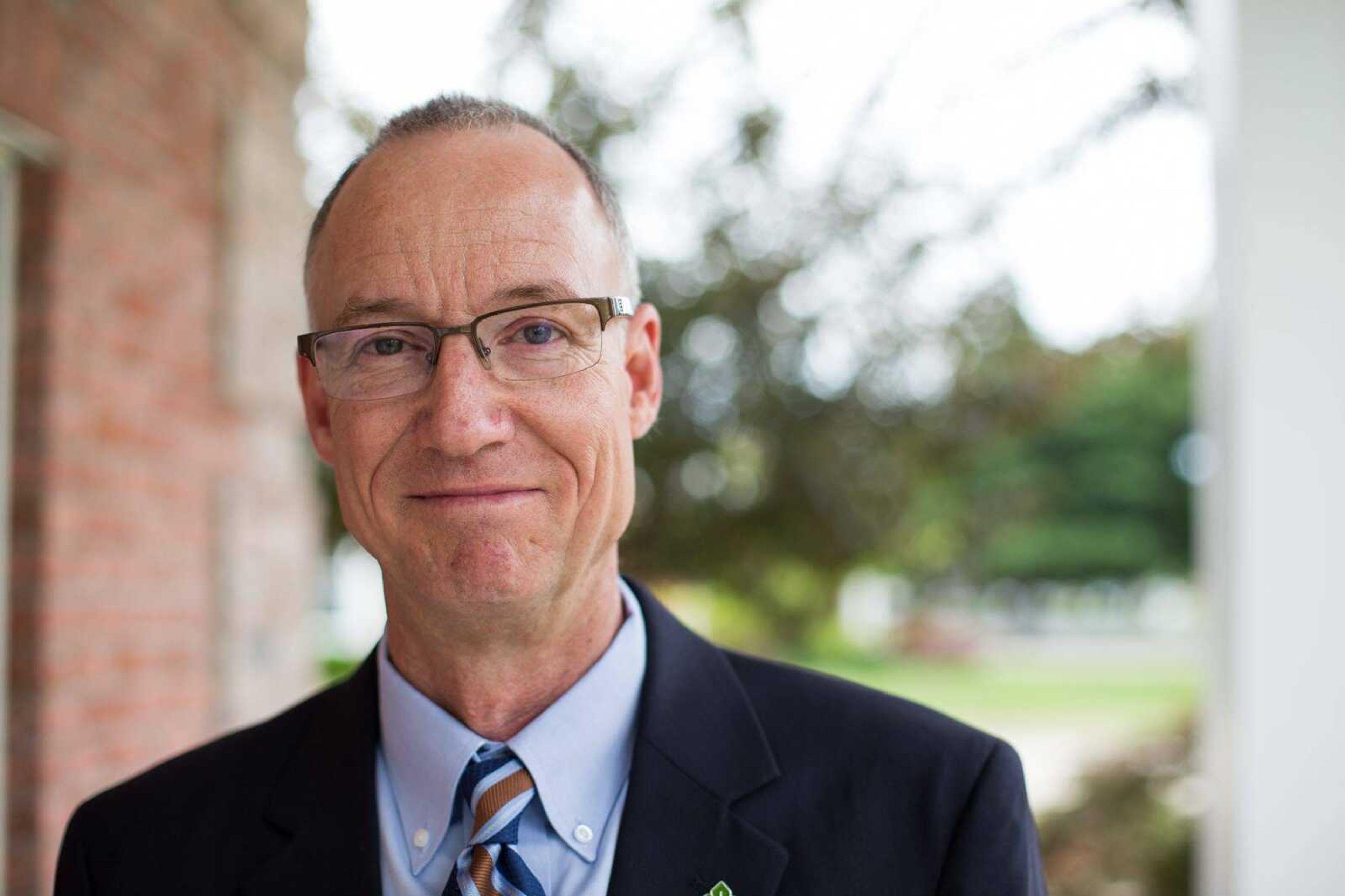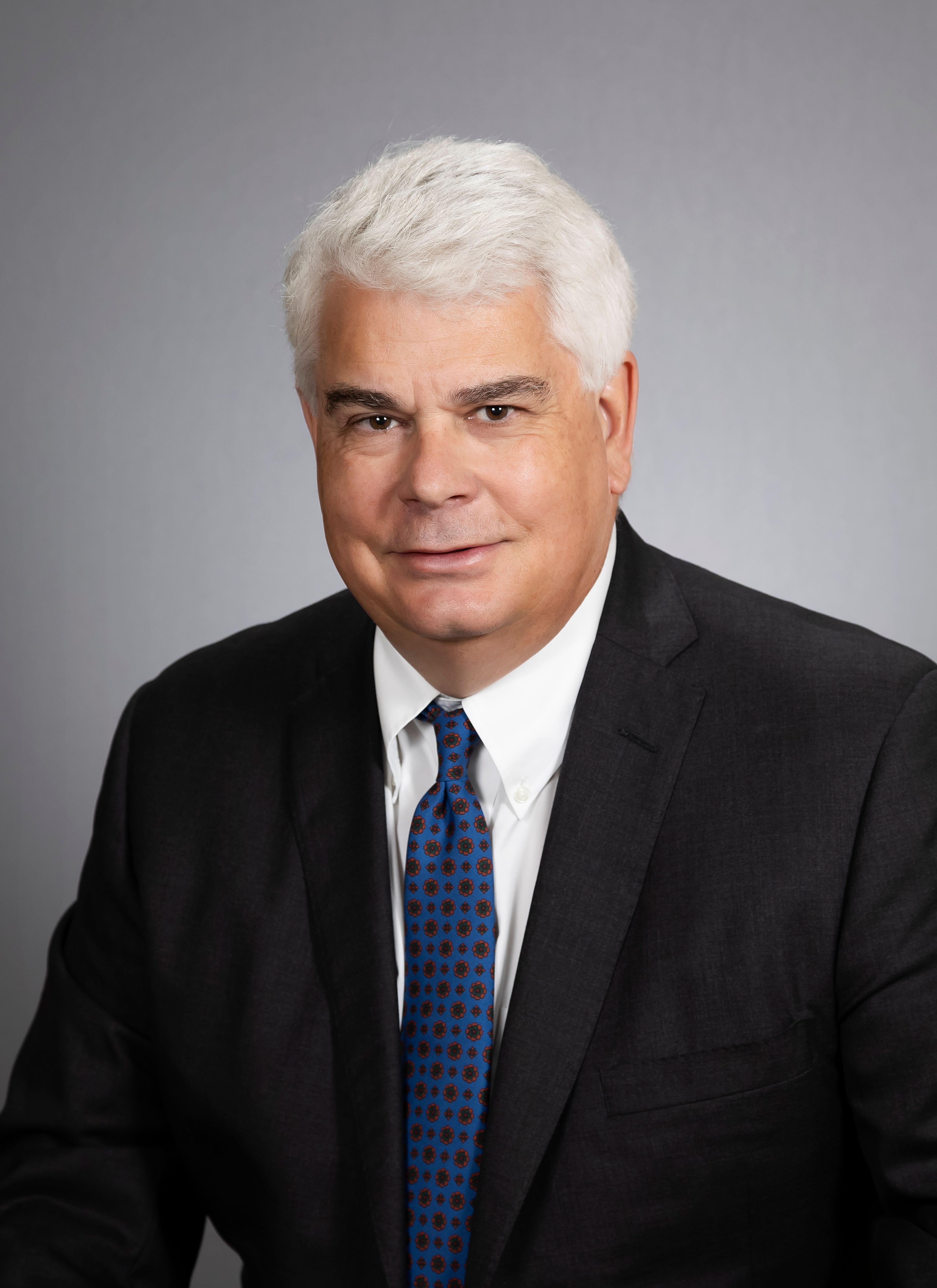A safety net for farmers: Bob Smith of Progressive Farm Credit Services talks agricultural finance
Business Today: First, some background on you: Where did you grow up and go to school? Bob Smith: I was raised "mostly" in Oklahoma, as well as spending a few years in Missouri. While in high school, I spent summers working for my cousins on their grain farm in the Oklahoma panhandle. ...
__Business Today: First, some background on you: Where did you grow up and go to school?__
__Bob Smith:__ I was raised "mostly" in Oklahoma, as well as spending a few years in Missouri. While in high school, I spent summers working for my cousins on their grain farm in the Oklahoma panhandle. I graduated from high school in Oklahoma City, then attended Washington University in St. Louis for two years before transferring to the University of Missouri-Columbia to obtain my Bachelor of Science degree in agriculture.
__BT: How did you get into the agricultural finance and insurance business?__
__BS:__ After college graduation, I worked for one year as a supervisor on a large farm in Southeast Missouri. When the farm was sold to new owners, I wanted to find work at a farmer-owned cooperative. I was hired by Sikeston Production Credit Association (now, Progressive Farm Credit Services) to be a field representative making loans and selling crop, hail and life insurance to farmers. This was my first exposure to lending and insurance.
__BT: How did you land in your current role at Progressive Farm Credit Services?__
__BS:__ I was a field representative (loan officer) at our Dexter, Missouri, branch office for four years, then was promoted to chief credit officer at our corporate office in Sikeston. I held the chief credit officer position for 33 years, and upon retirement of our CEO last year I was honored to be named by our board of directors to become president/CEO of the association.
__BT: As I understand it, Progressive Farm Credit specializes in loan and insurance products for farmers. Why did you choose this area of focus, and what do you love about your work?__
__BS:__ PFCS is part of the farmer-owned and operated Farm Credit System, and as such, it is specifically chartered to serve farm owners and operators and rural homeowners. Once I joined the association, this area of focus chose me. Our customers are mostly farmers, so they live and work in the same area their entire lives, raising their children and grandchildren. It is very rewarding to me to watch a family develop and improve their farming operation over the course of a lifetime, overcoming challenges and hurdles that naturally come along the way.
__BT: What are the biggest needs or concerns of farmers in our area?__
__BS:__ Access to funding is a huge need for farmers, which we are happy to be able to provide. Many farmers in our area borrow more in a single year than the average American borrows in an entire lifetime. Crop and livestock prices have declined the past couple of years compared to what they were in 2012-2014, and this is putting a significant squeeze on earnings. Reduced earnings is a big concern for farmers right now as they strive to continue their operations and service all their debt.

__BT: Much of farming depends on things we can't control, such as the weather -- and that changes all the time. What are your suggestions for farmers on selecting the right type and amount of crop insurance coverage? What other coverages might be needed?__
__BS:__ With the elimination and reduction of many government farm programs, crop insurance has become the most significant safety net that is available to manage farmers' risk. Determining the right type and amount of crop insurance coverage begins with analyzing the cost of production on a crop-by-crop basis and developing a marketing plan. Once the costs of production are calculated, then crop insurance can be used to guarantee a given amount of yield or gross revenue which, in turn, will enable farmers to execute their marketing plans. When crop insurance and marketing plans are both done in tandem, a lot of the risk in farming is smoothed out and the ability to borrow and repay is much better.
__BT: PFCS also works with farmers on loans for land, equipment, homes and more. Why is it beneficial to work with a company that specializes in farms?__
__BS:__ We are very excited that this very month the Farm Credit System is celebrating its 100th anniversary since President Wilson signed the act that established the system on July 17, 1916. The primary benefit for our farmer customers is that we have substantial expertise in agricultural finance to make sure loans are set up sensibly and with a reasonable cushion for adversity. We understand the ebb and flow of expenses and revenues, and we understand how loans for capital purchases should be structured. Our employees have a deep background for providing sound advice to help our borrowers be as successful as possible. Our elected directors are farmers themselves, which ensures that we keep the best interest of farmers in mind at all times. As a cooperative, we return a portion of our lending profits to our borrowing stockholders in the form of a patronage refund each year. Since 1994, PFCS has refunded more than $60 million to Southeast Missouri farmers, farm owners and rural homeowners, further strengthening their financial positions.

B__T: What's coming up in this "field," so to speak -- any new regulations, conditions, etc., that farmers should be aware of?__
__BS:__ One of our top concerns is that some individuals and groups are very strenuously opposing the government support of the crop insurance program. In fact, a federal bill was passed last fall to drastically reduce support, but farmers and other agricultural stakeholders quickly mobilized and were able to get the government support for crop insurance reinstated within another bill. We all need to be vigilant to protect this significant remaining safety net mechanism.
__BT: What's your best overall advice for farmers?__
__BS:__ Be as diligent with financial management as you are with production management. In other words, go to extra lengths to produce and use detailed management records so you can make year-over-year comparisons, analyze profits on a crop-by-crop basis, track trends, assess ability to replace and add revenue generating capital assets, build marketing plans and manage risk. Ask your lender and your accountant to suggest more and better ways to provide the financial information to you that you need, and to help you understand the reports that are produced.
__BT: Anything else you'd like to add?__
__BS:__ When I graduated from college in the late '70s, graduates were being told agriculture was a "mature" industry -- that advances were slowing down and the industry was not likely to offer much future growth. The opposite happened! Soon came lasers for land-grading, advanced genetics, satellite technology, computers, remote control of equipment and on and on. Agriculture has turned out to be an exciting industry to work in, and based on where we are now, and despite the current profitability challenges which will eventually normalize, it has a promising and interesting future.
Connect with the Southeast Missourian Newsroom:
For corrections to this story or other insights for the editor, click here. To submit a letter to the editor, click here. To learn about the Southeast Missourian’s AI Policy, click here.






